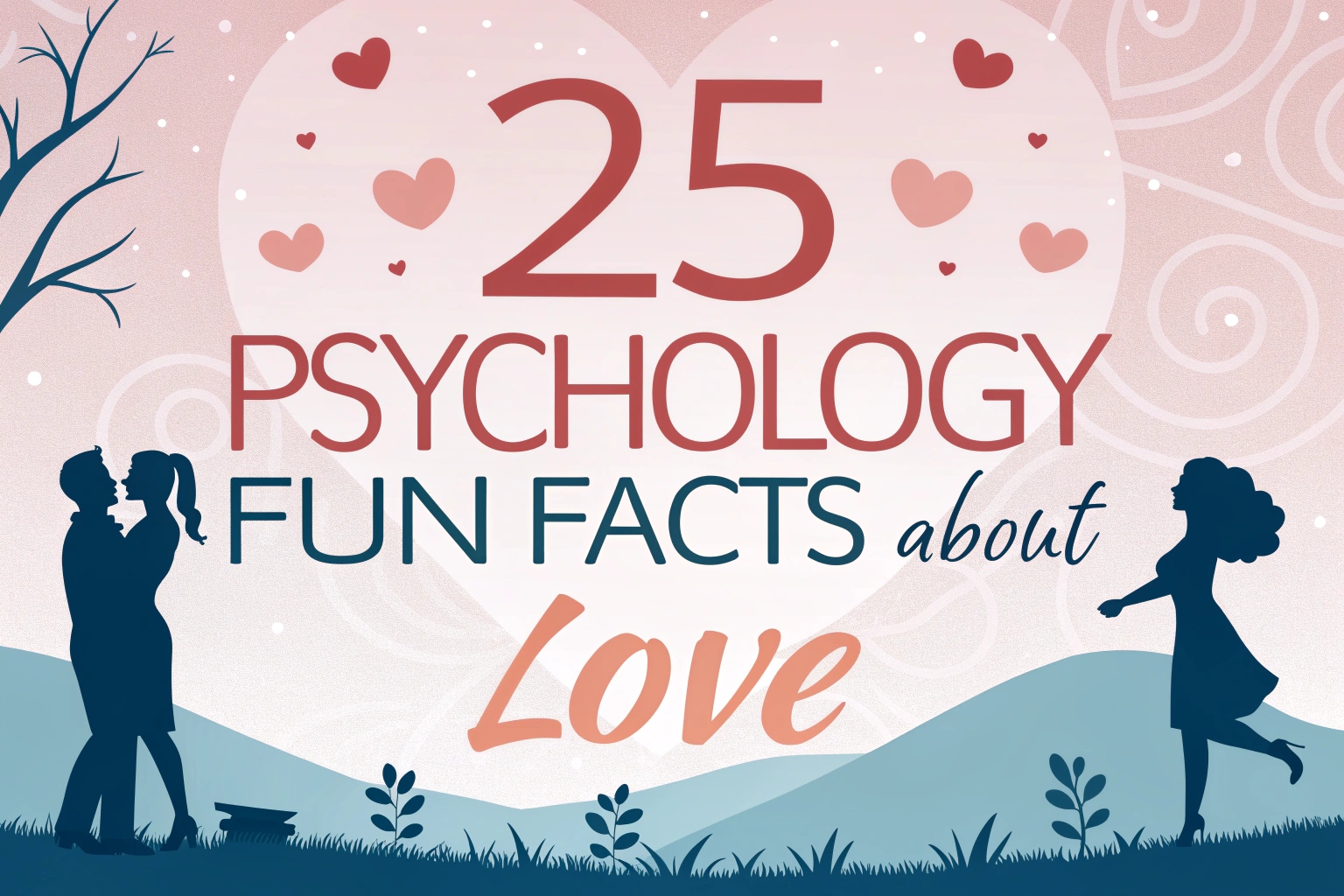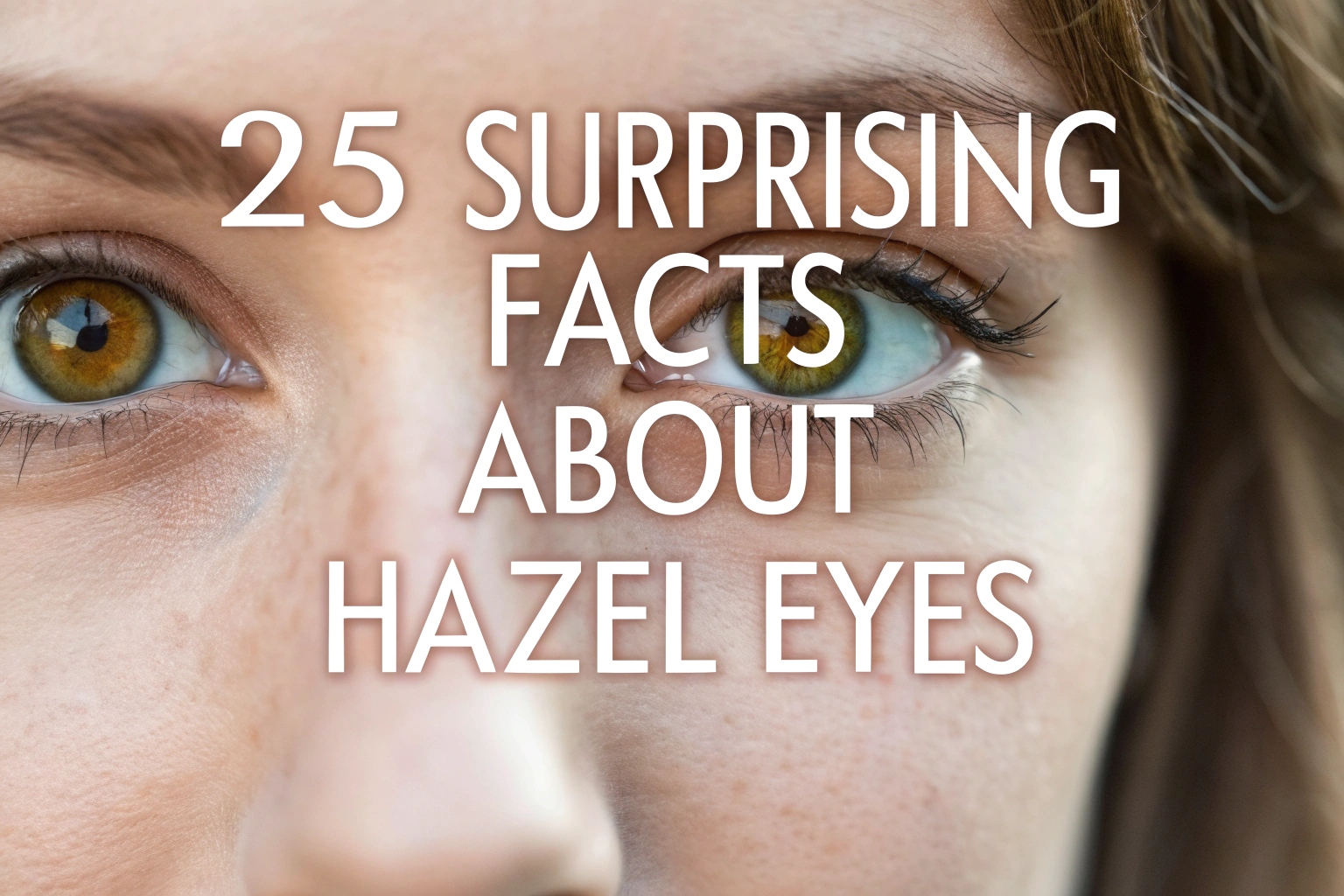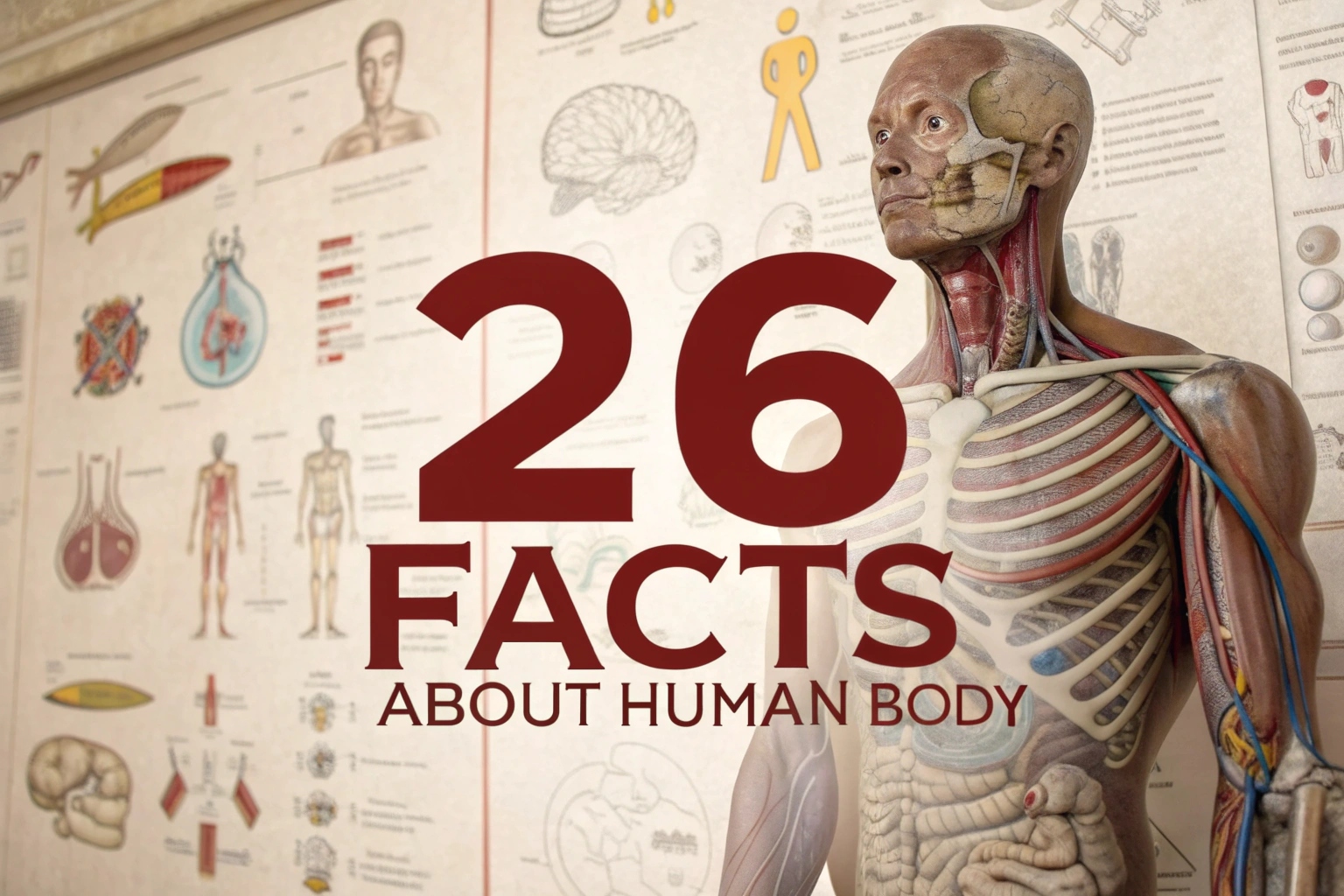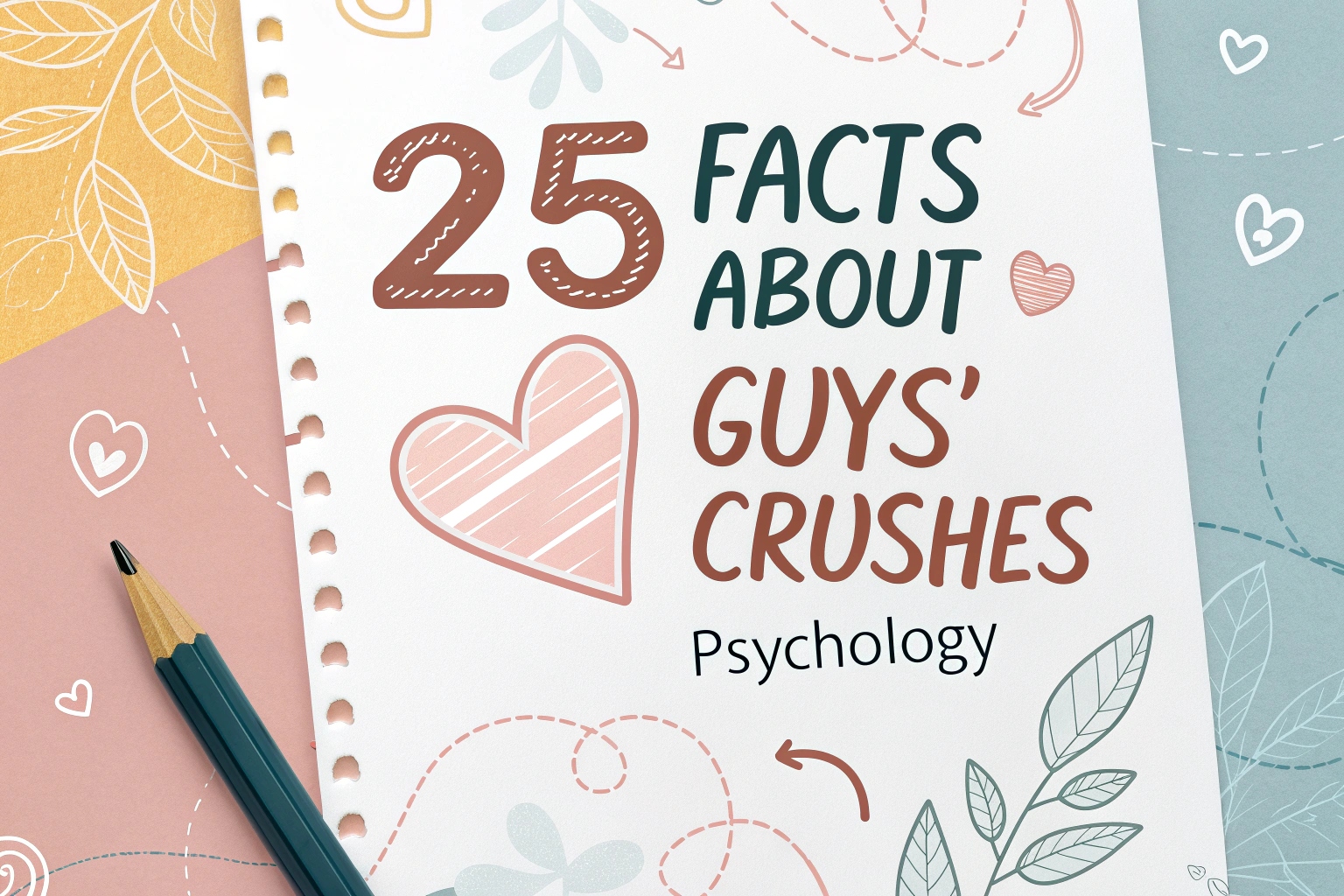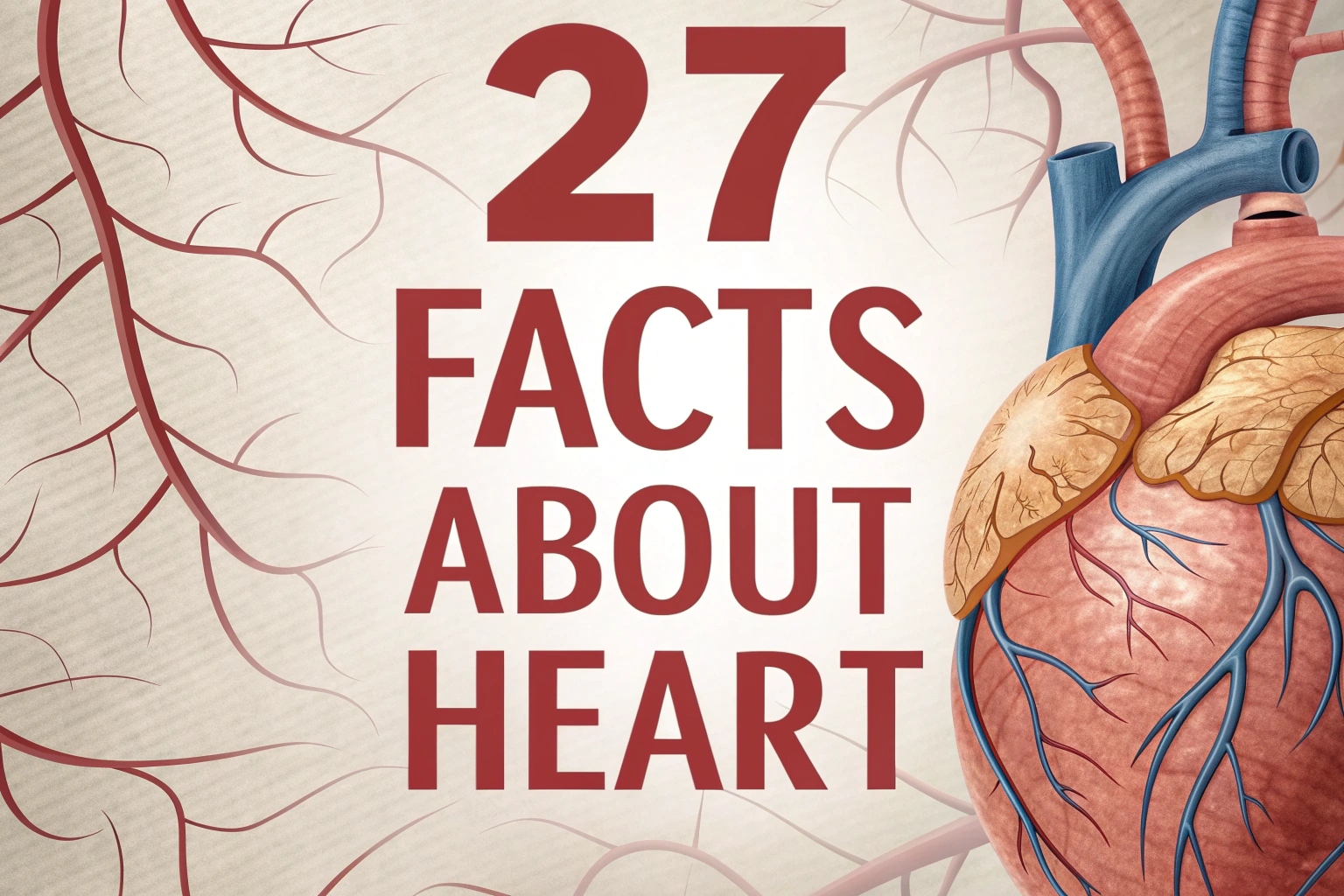Psychology has a fascinating way of revealing the hidden layers of our thoughts, behaviors, and emotions. Some psychological facts can feel like a mirror, showing us things we always sensed but never fully understood.
Whether it’s the way we connect with others, react under pressure, or even talk to ourselves — our minds are full of surprising patterns.
In this post, you’ll find 26 intriguing and relatable psychological facts about feelings and behaviors that just might make you say, “Wow, that’s so me!”
1. We Remember Feelings, Not Exact Words
Our brains are wired to hold onto emotions more than the actual words spoken. That’s why you might forget what someone said, but clearly remember how they made you feel.

Emotional experiences leave a stronger imprint on memory than neutral ones. This is especially true in relationships, arguments, or moments of intense happiness. It’s also why kind gestures or harsh tones can linger in our minds long after the details fade away.
2. People Mirror Emotions Without Realizing It
Ever start smiling because someone else is? That’s emotional contagion in action. We unconsciously mimic the emotions of people around us — from their facial expressions to their tone of voice.
This is a survival trait that helped early humans bond and understand each other. It’s also the reason why spending time with negative people can drain you, while being around joyful people can lift your spirits effortlessly.
3. We Talk to Ourselves More Than Anyone Else
Self-talk isn’t just normal — it’s constant. On average, people have over 6,000 thoughts per day, and many of them are conversations with ourselves. Whether you’re hyping yourself up before a challenge or overanalyzing a mistake, your inner dialogue can shape your mood, confidence, and even behavior.
Positive self-talk has been linked to better performance and mental well-being, while negative self-talk can fuel anxiety or low self-esteem.
4. Eye Contact Creates Instant Emotional Intensity
Looking into someone’s eyes, especially for longer than a few seconds, can trigger powerful emotional responses. Eye contact is one of the fastest ways to create connection — or discomfort. It activates brain regions tied to emotion and social bonding.
This is why eye contact during deep conversations or silent moments can feel intimate, awkward, or even overwhelming. It’s a subtle but powerful psychological force.
5. People Crave Closure Even When It Hurts
Our brains don’t like open-ended emotional situations. Whether it’s a breakup, unanswered question, or unresolved conflict, we crave closure — even if it means hearing something painful.
Psychologists call this “the need for cognitive closure.” It’s our mind’s way of restoring emotional balance and moving on. Without it, we tend to ruminate, overthink, or fill in the blanks with our own (often worse) interpretations.
6. Mood Can Be Affected by Body Posture
How you sit or stand can influence how you feel. Slouching is often linked with low energy or sadness, while sitting upright can boost alertness and confidence.
This connection between body and mood is known as embodied cognition. Something as simple as adjusting your posture during a stressful moment can subtly improve your mood and mental state. Basically, your body can “talk back” to your brain.
7. Emotional Pain Activates Similar Brain Regions as Physical Pain
Ever heard someone say “heartbreak hurts”? It’s more than a metaphor. MRI scans show that emotional pain — like rejection or loss — activates the same areas of the brain that respond to physical pain.
That’s why emotional wounds can feel physically heavy or sharp. Our brains process emotional and physical pain through shared neural pathways, making heartbreak genuinely hurt on multiple levels.
8. Most Decisions Are Emotion-Driven, Not Logical
We like to think we’re rational decision-makers, but emotions actually guide most of our choices. Neuroscience shows that the emotional part of the brain often activates before the logical part kicks in.
Whether it’s buying something, choosing a partner, or reacting in an argument, feelings influence our behaviors far more than we realize. Logic might justify a decision — but feelings usually make it.
9. Familiar Songs Can Trigger Strong Nostalgia
Ever hear a song and suddenly feel transported to a different time? Music is deeply tied to memory and emotion, especially songs from our youth or meaningful life moments.
The brain stores these associations, and hearing a familiar tune can instantly evoke vivid memories, emotions, and even physical sensations. This emotional time travel is why music is such a powerful therapeutic and mood-boosting tool.
10. The Fear of Being Judged Can Limit Expression
Even the most confident people can hesitate to be fully themselves due to fear of judgment. This fear — called evaluation apprehension — can prevent us from sharing ideas, showing vulnerability, or trying something new.
It’s rooted in our need for social belonging and acceptance. Being aware of it can help you push past the fear and express yourself more freely, knowing that most people are too focused on themselves to judge you harshly.
11. Emotional Suppression Can Backfire Over Time
Bottling up emotions might feel like control, but it often leads to emotional overload or unexpected outbursts. Studies show that suppressing feelings can increase stress, tension, and even weaken the immune system.
When you don’t allow yourself to feel emotions as they arise, they tend to build up and find other ways to surface — like irritability, anxiety, or physical symptoms. Expression and processing are healthier than repression.
12. We’re More Emotionally Affected at Night
Ever notice how feelings seem louder at night? That’s because our emotional defenses are lower when the world slows down. At night, there are fewer distractions, which gives our minds room to wander — often revisiting regrets, fears, or deep desires.
The lack of external stimulation can heighten emotions, making worries feel heavier or memories more vivid. This is also why late-night conversations tend to be deeper and more vulnerable.
13. We’re More Honest When We’re Tired
Late at night or when we’re mentally exhausted, our filters weaken — which can lead to unfiltered honesty. That’s because tiredness reduces cognitive control, making us less likely to overthink what we say.
This is why late-night talks often bring out confessions, deep truths, or raw emotions. Our mental defenses are low, making it easier to express what we genuinely feel without the usual hesitation or social polish.
14. Compliments Stay in Our Memory Longer Than Criticism
While negative comments sting more in the moment, sincere compliments tend to stick with us longer emotionally. That’s because the brain processes praise as a social reward, releasing feel-good chemicals like dopamine.
Positive affirmations feed our self-image and become part of how we view ourselves over time. Genuine compliments can replay in our minds for years — especially if they touched something personal or deeply meaningful.
15. Physical Touch Reduces Stress Instantly
A simple hug, touch on the arm, or holding hands can calm the nervous system. Physical contact stimulates the release of oxytocin — the “love hormone” — which helps lower cortisol (the stress hormone).

That’s why a warm hug can reduce anxiety or make you feel safe in tough moments. Our brains are biologically wired to respond to comforting touch, making it one of the most underrated stress relievers.
16. Rejection Feels Like Physical Pain to the Brain
Being rejected — socially or romantically — lights up the same areas of the brain that are triggered by physical injury. That’s why being excluded or ghosted can feel like a gut punch.
Evolutionarily, social connection was tied to survival, so rejection is perceived as a serious threat. It’s not just “in your head” — your brain treats it like a wound, which explains why emotional recovery can take time.
17. Our Brains Love Predictability but Crave Surprise
We’re naturally drawn to routines because they create safety and reduce stress. But we also crave occasional novelty — surprises, plot twists, new experiences — because they stimulate dopamine and keep life exciting.
The healthiest emotional state lies somewhere in between: having predictable comfort with just enough spontaneity to spark joy and keep us mentally engaged. Too much of either can lead to boredom or burnout.
18. Smiling Can Trick Your Brain Into Feeling Happy
Even if you’re not in a great mood, physically smiling can boost your mood. The brain often interprets facial expressions as feedback about how you’re feeling.
So when you smile, it assumes there must be something to feel good about, and it releases feel-good chemicals like serotonin. This psychological loop is one reason “fake it till you make it” can actually work — at least in small emotional doses.
19. Emotional Burnout Often Disguises Itself as Apathy
If you’ve ever felt like you just don’t care anymore — about work, relationships, or even your own goals — you might be emotionally burned out. Burnout can show up as emotional numbness, lack of motivation, or indifference.
It’s your brain’s way of trying to protect you from emotional overload. Instead of processing more stress, it shuts down emotional engagement entirely. Recognizing it early can help you reset before it gets worse.
20. People Are More Likely to Open Up in Darkness
Dimly lit rooms or nighttime settings often lead to deeper conversations. That’s because darkness creates a sense of safety, privacy, and reduced vulnerability. It lowers visual distractions and makes people feel less exposed.
The emotional tone shifts — people feel freer to express hidden thoughts or confessions. This is why late-night car rides, campfires, or softly lit rooms often spark the most open-hearted talks.
21. Your Brain Prefers Negative Information First
When scanning a list or reading feedback, your brain will usually focus on the negative items first. This “negativity bias” evolved as a survival trait — early humans needed to detect threats quickly.
Even now, negative news or comments hit harder and linger longer than positive ones. It’s why criticism can outweigh praise and why one bad moment can overshadow a whole good day — unless we consciously shift focus.
22. Crying Is a Biological Stress Detox
Crying isn’t just emotional — it’s physical, too. Emotional tears release stress hormones and toxins from the body. That’s why many people feel clearer or more relieved after a good cry.
Crying activates the parasympathetic nervous system, helping the body calm down and reset. Holding back tears during emotional overwhelm can actually extend stress. Letting them out is a natural, healthy release — not a weakness.
23. We Judge Ourselves by Intent, Others by Action
When we mess up, we tend to justify it by our intentions: “I didn’t mean to.” But when someone else makes the same mistake, we often judge them by the outcome:
“They messed up.” This cognitive bias, known as the fundamental attribution error, can cause misunderstandings in relationships. Being aware of it helps us show others the same grace we give ourselves — and improve empathy.
24. Writing About Emotions Helps Process Them
Journaling or writing about how you feel activates parts of the brain tied to self-awareness and emotional regulation. Putting feelings into words creates distance from them, making them less overwhelming.
This is why expressive writing is used in therapy — it helps people sort through emotions, make sense of events, and feel lighter afterward. Even a few minutes of writing can calm a racing mind.
25. Overthinking Is Often a Form of Self-Protection
When we overthink, it’s not just indecisiveness — it’s our brain trying to prepare for every possible outcome to avoid pain or regret. While it may feel exhausting, overthinking is often a defense mechanism rooted in fear of failure, judgment, or making the “wrong” choice.
Unfortunately, it can lead to decision paralysis and emotional fatigue. Learning to trust your instincts and set mental boundaries can help ease the cycle.
26. People Feel Happier After Doing Kind Things
Acts of kindness — no matter how small — release serotonin, oxytocin, and endorphins in the brain. This “helper’s high” creates a boost in mood, connection, and even physical health.
Whether it’s giving a compliment, volunteering, or simply listening, helping others taps into our innate need for purpose and community. Interestingly, the emotional rewards of kindness often last longer than the happiness we get from doing something for ourselves.
Unearth more astonishing truths:
26 Psychology Fun Facts Relationship Will Change How You See Love!
25 Facts About Harry Potter Even Hardcore Fans Often Miss!
26 Psychological Facts About Love That’ll Shock You
28 Wild Horse Facts That’ll Totally Blow Your Mind!

